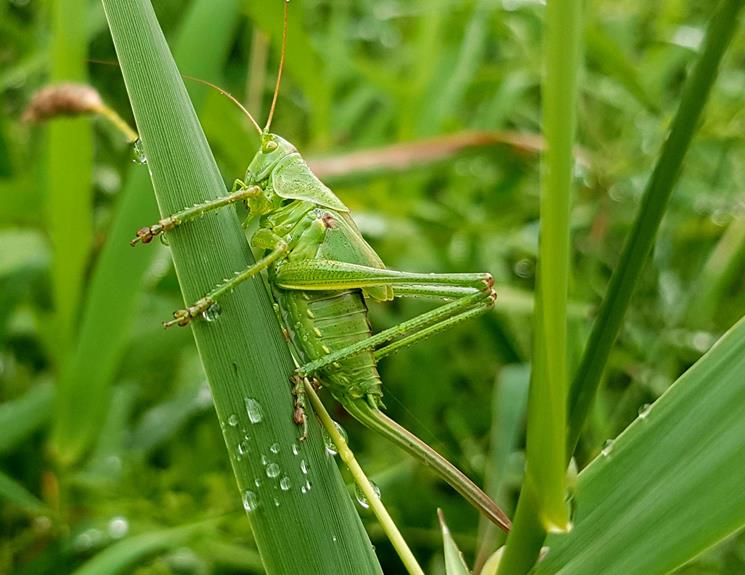
To naturally prevent common garden pests, plant pest-repellent varieties like marigolds, basil, and lavender. Invite beneficial insects such as ladybugs and lacewings that eat harmful pests. Make homemade sprays using items like cayenne pepper, garlic, or peppermint oil to keep pests away inexpensively. Consider using trap crops and barriers like row covers and fences to protect your plants further. These methods offer effective and eco-friendly pest control solutions that can safeguard your garden from unwanted intruders.
Natural Pest Repellent Plants
When dealing with garden pests, consider planting natural pest repellent plants for a chemical-free solution. These plants not only help keep unwanted insects away but also add beauty to your garden. Marigolds, for example, are known for repelling pests like aphids, mosquitoes, and even rabbits due to their strong scent. Planting basil can deter flies and mosquitoes, while also providing a fresh herb for cooking. Lavender is another great option as it repels moths, fleas, and flies.
Additionally, mint plants are effective at keeping ants, mosquitoes, and mice at bay. Nasturtiums not only add a pop of color to your garden but also repel whiteflies, squash bugs, and beetles. Chrysanthemums contain a natural insecticide that can ward off various pests like roaches, ants, ticks, and silverfish. By strategically incorporating these natural pest repellent plants into your garden, you can create a more harmonious and pest-free environment without the need for harmful chemicals.
Beneficial Insects for Pest Control
Consider introducing beneficial insects into your garden for natural pest control. These tiny helpers can assist in keeping unwanted pests at bay without the need for harmful chemicals.
Ladybugs, for example, are voracious predators of aphids, mites, and other soft-bodied insects that can damage your plants. Lacewings are another beneficial insect that feeds on aphids, caterpillars, and other garden pests.
Praying mantises are efficient hunters that can help control a variety of insects in your garden. They're known to prey on beetles, caterpillars, and even other beneficial insects.
Additionally, parasitic wasps can be introduced to combat pests like caterpillars and aphids. These wasps lay their eggs inside the bodies of these pests, eventually killing them.
Homemade Pest Control Sprays
To naturally control garden pests, you can create homemade pest control sprays using common household ingredients. One effective spray is a mixture of water, dish soap, and cayenne pepper. Simply combine a few drops of dish soap and a pinch of cayenne pepper in a spray bottle filled with water. Shake well and spray on plants affected by pests. The soap helps suffocate the pests, while the cayenne pepper acts as a deterrent.
Another homemade spray involves mixing garlic and water. Blend a few cloves of garlic with water, let it sit overnight, then strain the mixture into a spray bottle. Garlic is known to repel many pests due to its strong odor. This spray works well for deterring aphids, beetles, and caterpillars.
For a more fragrant option, consider creating a peppermint oil spray. Mix a few drops of peppermint oil with water and a little bit of dish soap. This spray is effective against ants, spiders, and even mice. Spray it around entry points or directly on pests to keep them at bay.
Homemade pest control sprays offer a natural and affordable way to protect your garden from common pests.
Trap Crops and Physical Barriers
You can further protect your garden by strategically planting trap crops or installing physical barriers to deter pests. Trap crops are sacrificial plants that attract pests away from your main crops. By planting them at the edges of your garden or interspersing them among your valuable plants, you can lure pests such as aphids or beetles away from your prized produce. Some common trap crops include marigolds for nematodes and radishes for flea beetles.
Physical barriers can also be effective in keeping pests at bay. Installing row covers made of lightweight material like floating row cover fabric can prevent insects from reaching your plants while still allowing sunlight, air, and water to pass through. Fences, netting, or even simple barriers like copper tape can deter larger pests like rabbits, deer, or slugs from accessing your garden.




